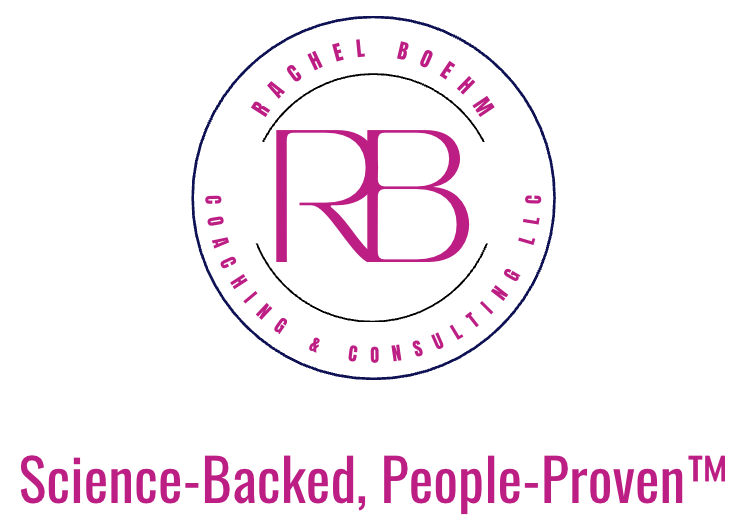The Hidden Cost of HR Burnout: How Exhausted HR Teams Undermine Company-Wide Wellbeing Initiatives
In the ongoing battle against workplace burnout, HR departments are often seen as the frontline defenders, armed with wellness programs and engagement strategies.
But what happens when the very team responsible for fostering a healthy work environment is itself suffering from burnout?
This overlooked phenomenon is creating a silent crisis in organizations, undermining wellbeing initiatives, and potentially derailing company culture. According to a 2022 study by Workvivo, 98% of HR professionals reported feeling burnt out. Additionally:
88% said they dreaded work
97% said they felt emotionally fatigued from work
29% said their work was valued in the organization
78% said they are open to leaving their jobs in that year
The Irony of HR Burnout
HR professionals are typically the go-to resource for addressing employee burnout. They design programs, implement policies, and offer support to ensure a healthy work-life balance for others. However, the increasing demands placed on HR teams, especially in the wake of global disruptions like the COVID-19 pandemic, have left many HR professionals feeling overwhelmed and exhausted, and questioning their effectiveness.
The irony is palpable: those tasked with preventing burnout are themselves burning out. This creates a dangerous cycle where the very department responsible for employee well-being is struggling to maintain its own.
The Ripple Effect on Company-Wide Initiatives
When HR teams are burned out, the impact extends far beyond their department. Consider the following:
Reduced effectiveness of wellbeing programs: Burned-out HR professionals may lack the energy and creativity needed to design and implement truly impactful initiatives.
Diminished empathy: Exhausted HR staff may struggle to provide the level of support and understanding that employees need, potentially eroding trust in the department, and impacting retention, recruiting, and performance initiatives.
Inconsistent policy enforcement: Overwhelmed HR teams might inconsistently apply policies, leading to perceived unfairness and decreased employee morale.
Delayed response times: Burnout can lead to slower response times on critical HR matters, frustrating employees and potentially exacerbating workplace issues.
Increased turnover in HR: High burnout rates in HR can lead to increased turnover in the HR department, resulting in a loss of institutional knowledge and disrupted HR operations.
A 2022 LinkedIn study found that globally, the HR industry had roughly 15% turnover, above the average turnover rate of 11%. This may seem like just a few percentage points but the way the data is set up, this actually reflects a 35% higher than average turnover rate, according to LinkedIn analysts.
A compromised HR function can also open the door to legal risks, damage to company's reputation and employer brand, and increased costs associated with the fallout of all of the above. In short, the consequences of HR burnout can be severe.
Who’s the HR for HR?
As one client asked me, who is the HR for HR? How can HR protect itself against burnout? How can other leaders in the organization support its HR department?
Addressing HR burnout requires a multi-faceted approach:
Recognize HR as a strategic partner: Elevate the role of HR in organizational decision-making to ensure their insights are valued and their workload is understood. Make them part of the conversation around strategic initiatives, business goals, and strategic direction.
Invest in HR technology: Implement tools that can automate routine tasks, freeing up HR professionals to focus on more involved work that cannot or should not be automated.
Provide HR for HR: Offer mental health resources, coaching, and professional development opportunities specifically tailored for HR staff.
Regularly assess HR workload: Conduct periodic reviews of HR responsibilities and adjust staffing levels or redistribute tasks as needed.
Foster a culture of well-being: Many companies say they prioritize employee well-being. Few truly walk their talk. Encourage HR professionals to model the well-being behaviors they promote to others and give them the support they need to do so.
A Call to Action
As we continue to navigate the complexities of the modern workplace, it's crucial to remember that HR professionals are employees too.
By addressing HR burnout, organizations can ensure that their well-being, culture, and performance initiatives are built on a solid foundation, led by an HR team that is energized, empathetic, and effective. A nurtured, healthy, high-performing HR department is the key to a healthy organization.


